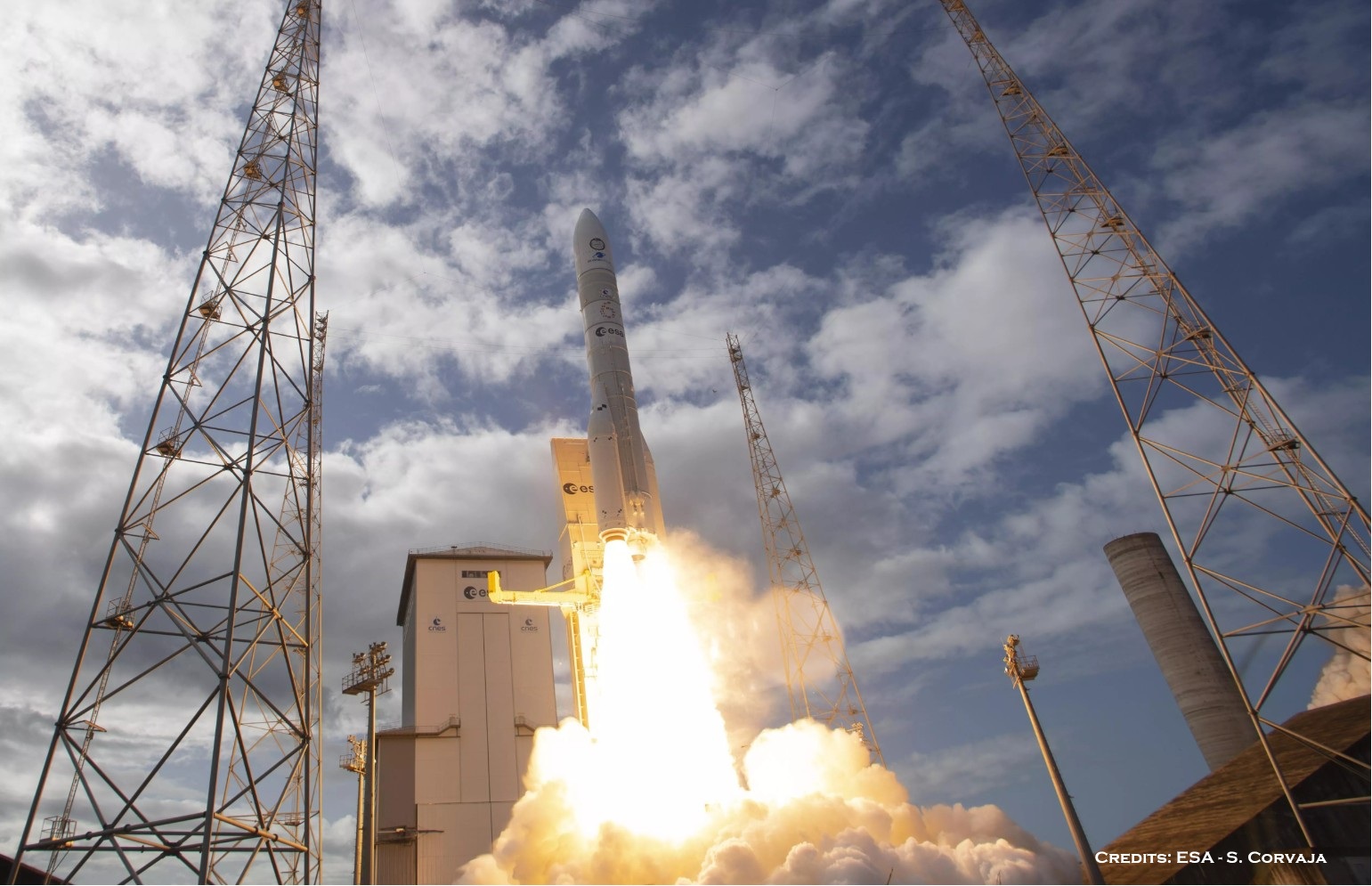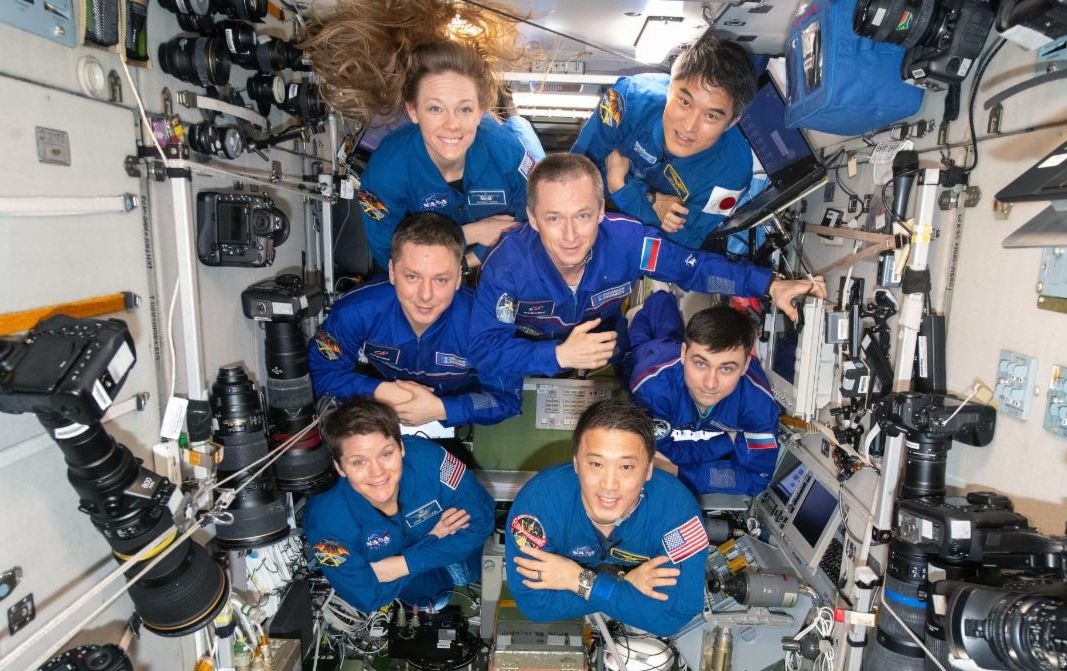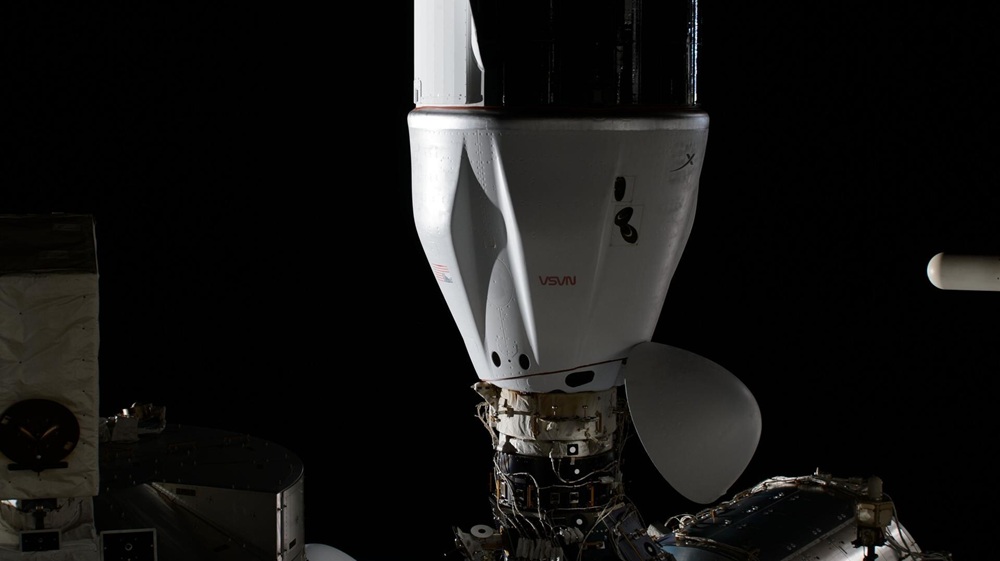In an encouraging stride towards strengthening Europe’s independent access to space, the European Space Agency (ESA) has announced the preselection of five innovative challengers advancing to the next phase of the prestigious European Launcher Challenge. Following a rigorous evaluation process, these five companies—Isar Aerospace, Maiaspace, Orbital Express Launch, Payload Aerospace, and Rocket Factory Augsburg—have been chosen to compete for contracts that will shape the future of European launch services.
The announcement marks a crucial moment in ESA’s mission to foster a competitive, sustainable, and diverse European launch industry, ensuring Europe’s strategic autonomy in space transportation for years to come.
What is the European Launcher Challenge?
The European Launcher Challenge is a groundbreaking two-stage competitive tender launched by ESA to identify and support emerging European launch service providers. The initiative aims to diversify Europe’s space transportation capabilities by encouraging innovation and competition among private and public entities.
Objectives of the challenge is to enhance European launch service options by promoting a wider choice of launch vehicles and services within Europe. It also intends to boost competitiveness by driving innovation and cost-effectiveness in European space transportation. The prgramme is also keen on supporting sustainability by encourage environmentally responsible technologies and business models. It also aims to secure future access to space by developing reliable launch services to meet ESA’s mission needs from 2026 to 2030 and beyond.
Tender Components
Successful challengers may be awarded contracts covering two key components:
- Component A: Provision of launch services for ESA missions between 2026 and 2030.
- Component B: Demonstration of upgraded launch service capacities, including at least one flight demonstration showcasing enhancements.
ESA has allocated a maximum budget of €169 million per challenger, encompassing all activities under both components, underscoring the agency’s commitment to substantial investment in Europe’s space launch ecosystem.
After a comprehensive evaluation based on technical maturity, business viability, sustainability, market potential, and compliance with procurement rules, ESA has preselected the following five challengers:
Isar Aerospace
A Munich-based startup known for its innovative and cost-effective launch vehicles designed to serve small and medium satellite markets. Isar Aerospace has rapidly gained recognition for its scalable and reusable rocket technologies.
Maiaspace
A rising player focused on developing cutting-edge launch solutions tailored to meet institutional and commercial demands, emphasizing sustainability and operational efficiency.
Orbital Express Launch
Specializing in orbital launch services, this challenger aims to provide flexible and reliable access to space, leveraging advanced propulsion and modular design concepts.
Payload Aerospace
Committed to delivering tailored launch services, Payload Aerospace integrates innovative payload management systems to optimize mission success and cost-effectiveness.
Rocket Factory Augsburg
Known for its pioneering approach to rocket manufacturing and launch operations, Rocket Factory Augsburg is developing fully European-made launch vehicles with a focus on reusability and rapid turnaround.
What’s Next? ESA’s Roadmap to CM25 and Beyond
With the first stage complete, ESA will now initiate a dialogue phase with the preselected challengers alongside consultations with ESA Member States. This collaborative process aims to finalize the European Launcher Challenge programme proposal, legal frameworks, funding arrangements, and project phasing.
The critical milestone ahead is the ESA Council at ministerial level (CM25), scheduled for November 2025. At CM25, Member States will review and commit funding to the programme, setting the stage for the second stage of the tender.
The second stage of the tender will be exclusively open to the five preselected challengers. Upon successful completion, ESA will proceed with contract signatures, officially launching the next phase of Europe’s independent launch capabilities.
The European Launcher Challenge exemplifies ESA’s strategic vision to build a resilient and competitive European space sector. By nurturing homegrown launch providers, ESA ensures Europe’s sovereignty in space access, reduces dependency on external providers, and stimulates economic growth and technological innovation.
This initiative also aligns with broader European goals of sustainability and digital transformation, fostering a new generation of space entrepreneurs and engineers.
Phil Chambers, CEO of Orbex, said: “Being pre-selected as part of the European Launcher Challenge is a milestone moment – not just for Orbex, but for the UK space sector as a whole.
“The benefits go far beyond our own operational roadmap. This recognition strengthens the UK’s global competitiveness, helps create high-value jobs and attract investment, and takes us closer to delivering sovereign launch capabilities – reducing reliance on overseas providers and building real strategic autonomy in space.
“For Orbex, it’s a major opportunity to accelerate launch vehicle development and play a central role in shaping Europe’s future in space,” Chambers added.
Ezequiel Sánchez, Executive President of PLD Space said, “The European Launcher Challenge marks a milestone for Europe’s space industry, but it is also a unique national opportunity to have a Spanish prime leading launcher development. Our project directly impacts the entire value chain, mobilizes cutting-edge technology, and places Spain at the center of Europe’s future access to space.”
Founded in 1975, ESA is an intergovernmental organization dedicated to shaping Europe’s space capabilities for the benefit of its 23 Member States and the global community. ESA coordinates resources and expertise across Europe to undertake ambitious space missions, including satellite navigation (Galileo), Earth observation (Copernicus), and meteorological programs.
ESA’s collaborative approach leverages partnerships with the European Union, EUMETSAT, and international partners like Canada, ensuring Europe remains at the forefront of space exploration and technology.
The preselection of these five challengers heralds a new era for Europe’s space launch industry. With ESA’s robust support and strategic vision, these pioneering companies are set to transform Europe’s space transportation landscape, unlocking new opportunities for innovation, sustainability, and competitiveness.
As the countdown to CM25 begins, the European Launcher Challenge offers a moment of opportunity—demonstrating how collaboration, innovation, and ambition can propel Europe to new heights in space exploration and technology.





